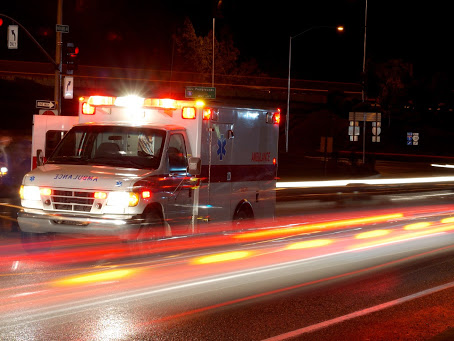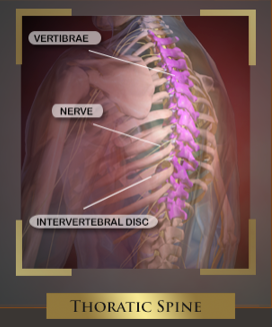The Consequences of Ignoring a Red Light Camera TicketThe Consequences of Ignoring a Red Light Camera Ticket
This Blog was brought to you by the Speeding Ticket Lawyer San Antonio Gordon Slade 210-820-3033
The Consequences of Ignoring a Red Light Camera Ticket: What Happens If You Don’t Pay
Receiving a red-light camera ticket can be frustrating, and the temptation to ignore it may cross your mind. However, failing to address a red light camera ticket can lead to a series of consequences that may have long-term implications. This guide will explore what happens if you don’t pay a red light camera ticket and why addressing it promptly is essential. Find more about San Antonio Speeding Ticket Lawyer here:
**1. Accrual of Additional Fees:
One of the immediate consequences of not paying a red light camera ticket is the accumulation of additional fees. Most jurisdictions impose late fees for overdue payments, which can significantly increase the total amount owed.
**2. Potential Impact on Credit Score:
Unpaid traffic tickets, including red light camera tickets, may be reported to credit bureaus. This can negatively affect your credit score, making securing loans or favorable interest rates harder.
**3. Driver’s License Suspension:
Continued non-payment of red light camera tickets can lead to suspending your driver’s license. Driving with a suspended license can result in severe penalties if caught, including fines and potential arrest.
**4. Vehicle Registration Holds:
Some jurisdictions can place a hold on your vehicle registration if you have outstanding red light camera ticket fines. This means you may be unable to renew your vehicle registration until the fines are settled.
**5. Warrant Issuance:
In extreme cases, persistent non-payment of red light camera tickets could lead to issuing a warrant for your arrest. While rare, this outcome underscores the seriousness of neglecting traffic ticket obligations.
**6. Difficulty Contesting the Ticket:
Ignoring the ticket eliminates the opportunity to contest it through legal channels. If you believe the ticket is unjust, following the appropriate procedures for contestation is crucial rather than defaulting on payment.
**7. Increased Collection Efforts:
Municipalities may employ collection agencies to recover unpaid traffic fines, including red light camera tickets. Collection efforts can be relentless, and the impact on your financial stability may be significant.
**8. Potential for Vehicle Impoundment:
In some cases, repeated non-payment of traffic fines can lead to the impoundment of your vehicle. This adds an additional layer of inconvenience and expense to the consequences of neglecting a red-light camera ticket.
**9. Legal Action by the Municipality:
Municipalities have the option to take legal action against individuals with outstanding fines. This can involve filing a lawsuit to recover the unpaid amount, potentially resulting in court judgments and further financial consequences.
**10. Difficulty Resolving the Issue:
Ignoring a red-light camera ticket doesn’t make it disappear. Instead, it compounds the issue and makes resolution more challenging. Addressing the ticket promptly through payment or contestation is the most effective way to navigate the situation.
Conclusion:
Ignoring a red light camera ticket may seem tempting, but the repercussions can be severe. From accumulating additional fees to potential license suspension and legal consequences, the negative impact of non-payment extends beyond the initial ticket. It’s crucial to address the ticket promptly, explore legal avenues for contestation if necessary, and avoid the long-term consequences of neglecting traffic violations.
=============




